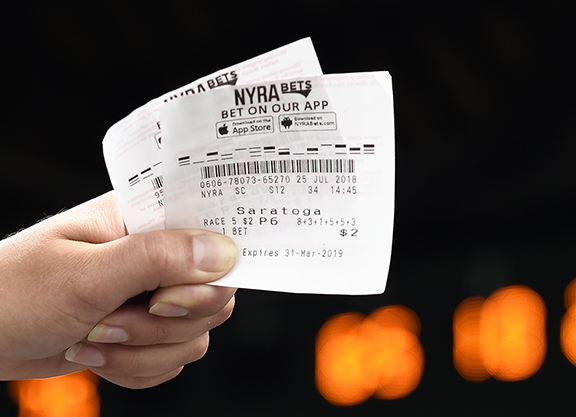Bill Finley's report (Week In Review) in the Feb. 9 edition of TDN on NYRA's action to restrict wagering on its Pick 5 and Pick 6 wagers by computer-assisted wagering (CAW) players caught my attention, as does any article written on this form of wagering, which I call computer robotic wagering or bots for short.
My experience with the bots and their very smart and well- capitalized owner managers goes back 20 years or so. Then, as now, my opinion on wagering by the bots is that over the long haul, it is destructive to the pari-mutuel business. Bill makes the good points that the bots are pumping millions upon millions into race track pools and that this handle is coveted by tracks. Left unsaid, however, is the very real fact that wagering done via bots is totally reactive to pool money wagered by all other players, whether you call them normal, regulars, casual fans, squares or dumb money.
When the mathematical formulas used by the bots see an imbalance or value in the pools made by other players, this is when the bots craft and place bets to capture the perceived value. Naturally, the most effective time for these types of wagers to be made is as late as possible before pools close and this is why, on a daily basis, straight wagering odds and probable payoffs frequently drop sharply in the last wagering cycle. It cannot be overstated that the daily action of the bots is totally dependent on the other money coming from all other players. If these players wager less for whatever reason, the bots will also reduce proportionately . The life blood of the bots is other peoples' money and the only growth in bots wagering comes from this money.
Earlier I labeled bots wagering as destructive to pari-mutuel wagering. When the bots win their wagers, the normal or regular players experience reduced payoffs which over time means less money in their pockets and less money to churn. When bots win, that normal churn factor is lost, because again, the bots only wager in proportion to the “other” money in the pools. When they hit in the big Pick 5/6 pools, their winnings or profits likely go into lifestyle purchases or other investments and thus lost for good insofar as pari-mutuel betting.
In the short term, the liquidity provided by bots wagering is enticing to race tracks, but in the long term–and racing today is squarely in the long term–the smaller payouts to other bettors, the tremendous money shift or negative settlements from host tracks and off-track wagering venues to the locations that host the bots means that an untold amount of churn has been and continues to be lost. I would offer that this is a major reason why annual pari-mutuel handle totals in the U.S. have not seen any real growth over these many years.
Finley also referred to the payment of rebates to the computer teams or players. The de facto increase in takeout to all other bettors and inherent unfairness to them is a whole other story that is worthy of further analysis.
So where does racing as a whole go from here? For sure it was easier to accept bots wagering into our pools than it will ever be to effectively control or eliminate it. But at some point in the future, racing operators will be forced to confront this reality. For racing to expend effort to create new fans and bettors is indeed a worthy venture especially for the bots who always need fresh money in their business model.
Paul W. Berube, Retired President , Thoroughbred Racing Protective Bureau
Not a subscriber? Click here to sign up for the daily PDF or alerts.






